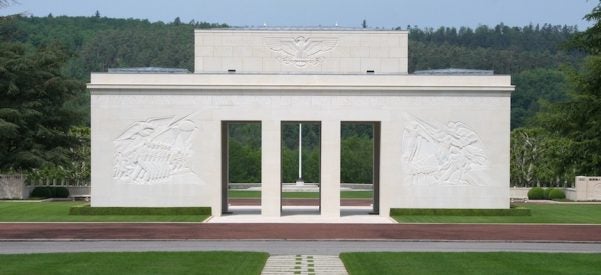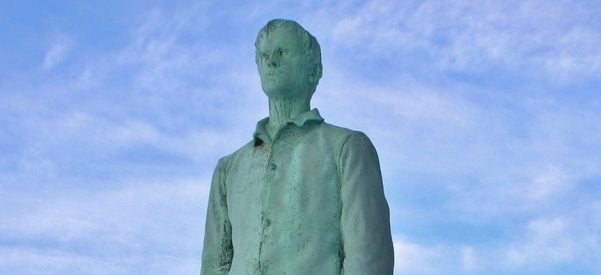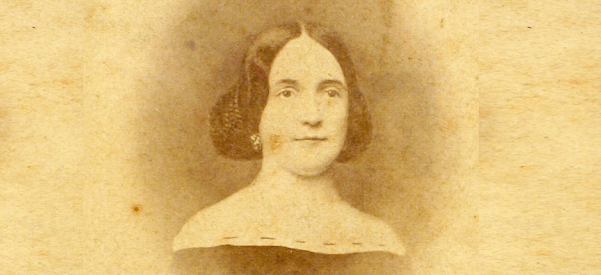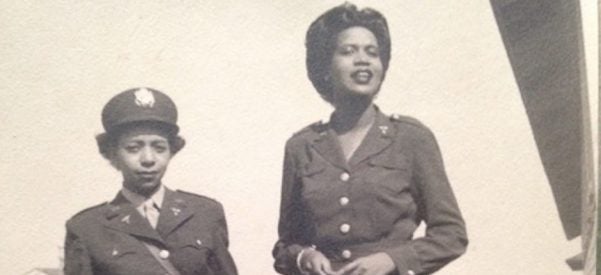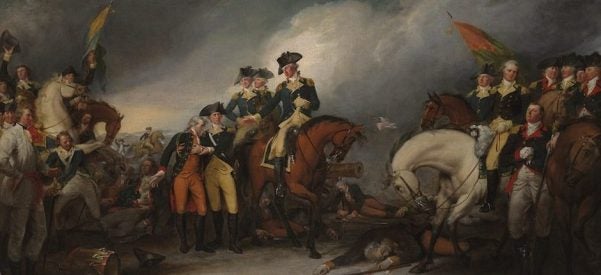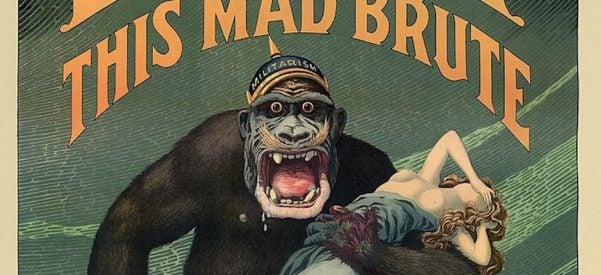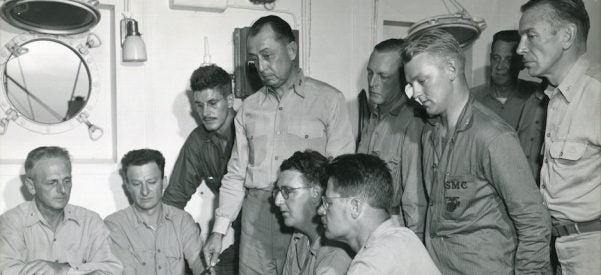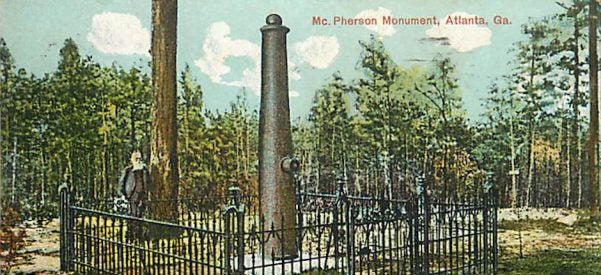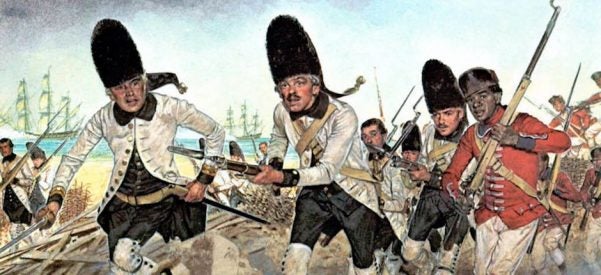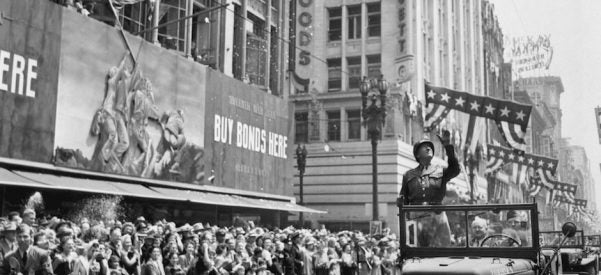How the U.S. Designed Overseas Cemeteries to Win the Cold War
From France to the Philippines, Stunning Landscapes of Infinite Graves Displayed American Sacrifice and Power
Americans commemorate our fallen soldiers differently than other countries do. You can see the difference most clearly overseas. While innumerable war cemeteries in Europe and the Philippines account for the dead from all participating nations of World War I and World War II, only the American war cemeteries feature highly designed landscapes and major works of art and architecture.
The decision to build these monuments and place them in park-like cemeteries reflects the Cold War of the 1950s as much as …


